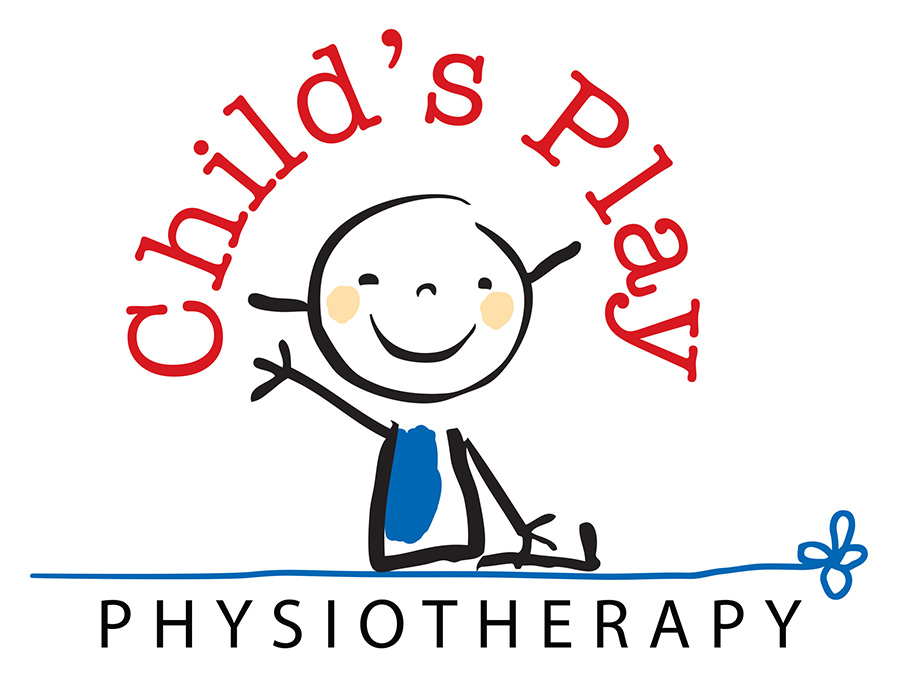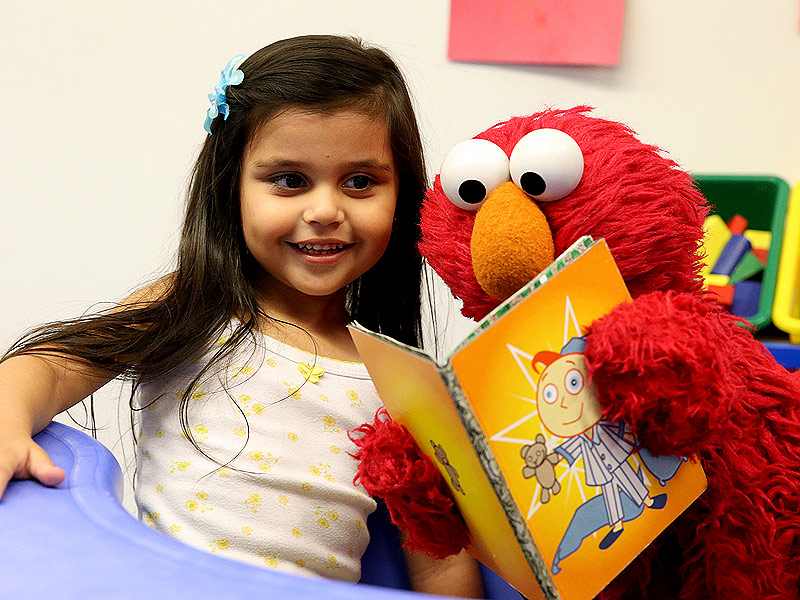Autism is a pervasive developmental disorder. This means that most people on the autism spectrum have delays, differences or disorders in many areas — including gross and fine motor skills. Children on the spectrum may have low muscle tone, or have a tough time with coordination and sports. These issues can interfere with basic day-to-day functioning — and they’re almost certain to interfere with social and physical development.
Children with autism would rarely be termed physically disabled (though there are some autistic children with very low muscle tone, which may make it difficult to sit or walk for long periods).
Most children with autism do, however, have physical limitations.
Physical therapists may work with very young children on basic motor skills such as sitting, rolling, standing and playing. They may also work with parents to teach them some techniques for helping their child build muscle strength, coordination and skills.
As children grow older, physical therapists may work on more sophisticated skills such as skipping, kicking, throwing and catching. These skills are not only important for physical development, but also for social engagement in sports, recess and general play.

